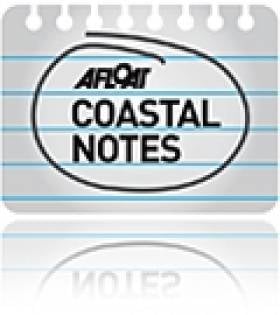Displaying items by tag: First World War
Help Record Old Weather Data to Predict Climate's Future
#WEATHER - A new project has been launched encouraging web users to help recover worldwide weather data recorded by Royal Navy ships a century ago.
Old Weather is 'crowdsourcing' volunteers to assist in transcribing weather readings and location data from First World War ships' logs into a database, in order to identify weather patterns and extremes the world over.
At present the site needs help transcribing data from 27 Royal Navy vessels and the courses they sailed, from Britain and Ireland to the farthest reaches of the globe.
The more people that take part in Old Weather, the more accurate the data extracted from the ships' logs will be.
Each logbook will be also looked at by more than one person, allowing mistakes and errors to be filtered out.
The historical data will enable scientists to improve their understanding of weather variabilty in the past and in turn improve their ability to predict weather and climate in the future.
For more details visit www.OldWeather.org.
GardaI Investigate U-boat Looting in Cork
Cork gardaí are investigating the looting of items from a First World War U-boat recently discovered off Roches Point.
The Irish Times reports that the submarine also appears to have been damaged by the illegal salvagers.
A spokesperson for the underwater archaeology unit of the Department of Arts, Heritage and the Gaeltacht confirmed that reports had come in from divers regarding disturbance of the wreck site - noting attempts to remove parts of the structure, and details of human remains.
Divers with the unit were expected to assess the site as soon as weather permits.
Items believed to have been taken include sailor's attire belonging to the crew of the 49-metre German vessel UC-42, which sank in 1917. The German embassy has indicated its "legitimate interest" in the preservation of the wreck.
The Irish Times has more on the story HERE.






























































